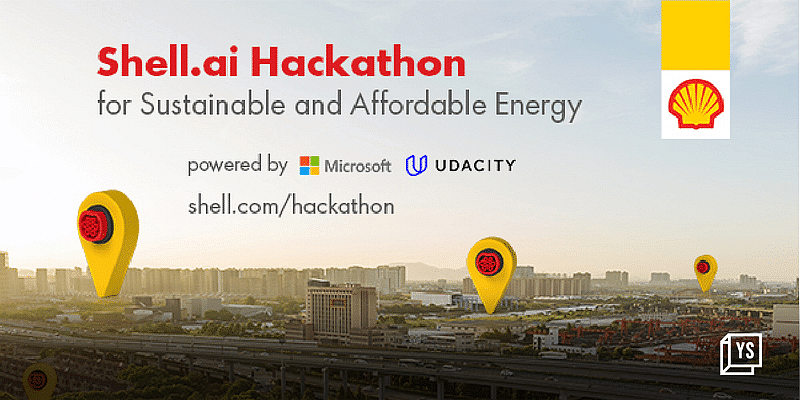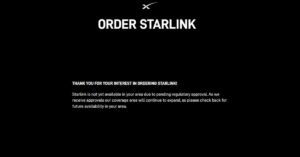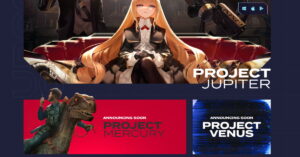The mobility sector accounts for around 18 percent of the carbon emissions from burning fuel. As the world strives to achieve the climate goals of Glasgow and the Paris Agreement, urgent action is needed to cut mobility carbon emissions. Leveraging digital technology and collaborating with other players is crucial to accelerating the use of clean energy in the sector. We need digital innovators who can move the needle and successfully help bring mobility to net-zero emissions.
In tune with their consistent efforts, Shell.ai is returning with Shell.ai Hackathon 2022 that brings together brilliant minds passionate about digital solutions and AI, to tackle real energy challenges and help build a lower-carbon world. This year, along with Microsoft and , Shell invites you to participate in the EV Charging Network Challenge. Through this challenge, the team aims to target the hurdles that EV owners face and make the journey smoother for them, thereby increasing the demand for electric vehicles (EVs).
Shell.ai Hackathon 2022
Currently 10 percent of drivers are choosing EVs when buying a new car. This is great news, as a considerable market share of EVs running on clean power is key to decarbonising the mobility sector. While the number of EVs continues to increase, the demand for charging is following suit. EV drivers face obstacles such as inconvenience caused by charging infrastructure and charging time. In addition, the challenges around this problem are evolving as EVs penetrate different geographies and each have their own nuances.
Optimal placement of EV charging points can help alleviate this problem.
The challenge
Shell.ai Hackathon 2022 challenges participants to optimally place EV charging stations so that the configuration remains robust to demographic changes. Participants will need to forecast demand in the coming years and place chargers optimally to meet the demand and increase customer satisfaction. Their solution should meet a few practical constraints, such as demand-supply balance.
Shell will provide the data such as a time-series of EV charging demand data over a region, a set of parking locations with respective parking capacity/slots, i.e., potential EV charging points within the region, details of the existing EV infrastructure, the cost of charging point installations and operations, and other data related to power constraints, rate of charging of fast and slow chargers.
Why you should participate
The 2022 edition of Shell.ai hackathon is open to individuals, general teams, students, and start-ups. The platform will give participants a change to work on solutions that might change the way the mobility sector works. The hackathon will have two levels.
Level 1, scheduled to go live on September 2, will see participants optimise the placement of EV chargers in a defined area, in order to create a charging network that meets customer demand, increases customer satisfaction, and remains robust to demographic changes. 20 participants with top scores will be shortlisted for Level 2.
In Level 2, the shortlisted teams will pitch their Level 1 solutions to the judging panel. The judges will then select the winners.
The prizes are different for each edition of the hackathon. General Edition participants will receive $2,500 for 1st prize, $2,200 for 2nd prize and $2,000 for 3rd prize. Special University Edition winners will get $1,500, while the runner up will receive $1,000. Additionally, Special University Edition winners will get an opportunity to start an external technical collaboration between Shell and the institute that the winner is a part of. Up to three startups will have an opportunity to receive Proof of Concept funding and develop their products with Shell GameChanger (up to $150K).
These prizes are subject to Shell’s regulations.
If you think you can make a difference,



![Read more about the article [Product roadmap] The role tech played in the journey of Bharat-focused social media startup ShareChat](https://blog.digitalsevaa.com/wp-content/uploads/2021/04/PRM-1618306208266-300x150.png)

![Read more about the article [Funding alert] HealthQuad closes second fund, raises $162 million, led by global pharma giant MSD](https://blog.digitalsevaa.com/wp-content/uploads/2022/01/VCfunding-1605087354569-300x150.jpg)




